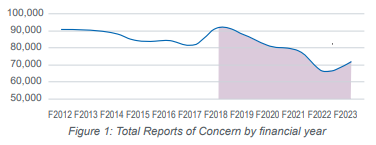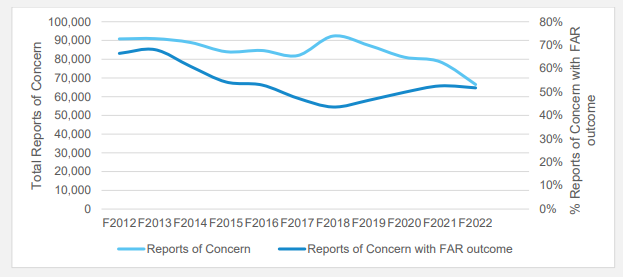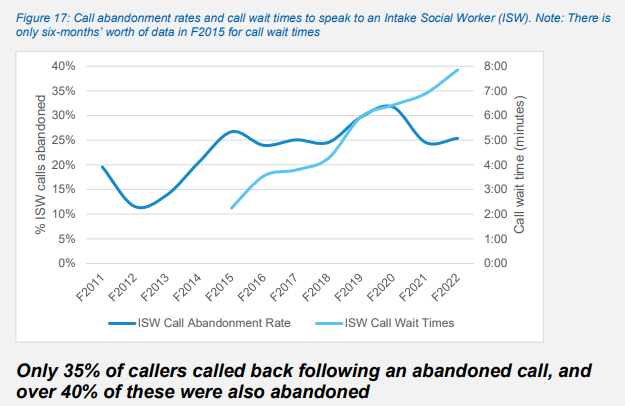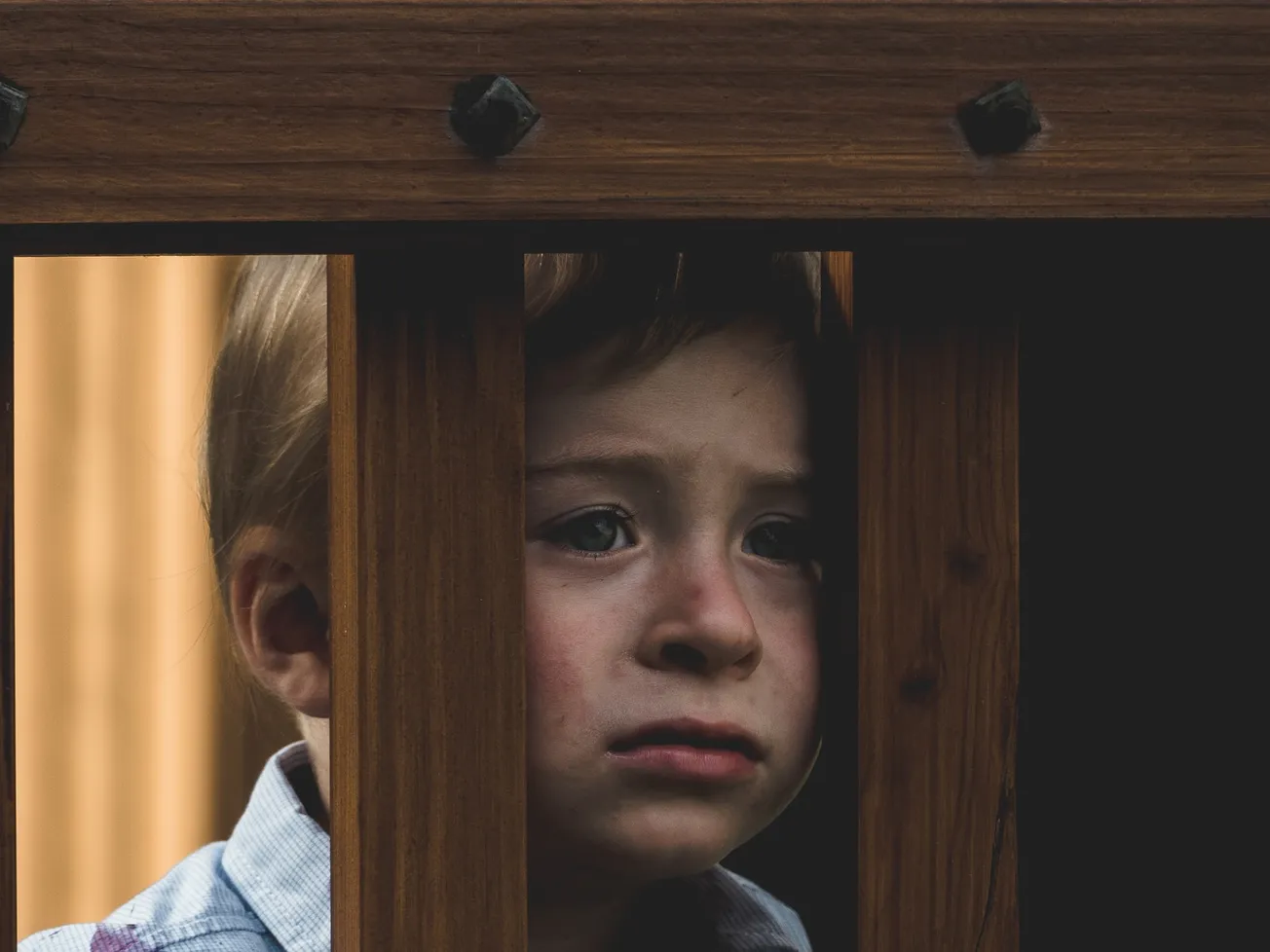Table of Contents
The Children’s Minister, Karen Chhour, intends to repeal Section 7AA from the Oranga Tamariki Act 1989 because it creates conflict between claimed Crown Treaty obligations and the child’s best interests. In her words,
“Oranga Tamariki’s governing principles and its act should be colour blind, utterly child centric and open to whatever solution will ensure a child’s wellbeing. “
There is, however, substantial opposition to this change.
A Waitangi Tribunal preliminary report about the removal of Section 7AA cites testimony from Te Puni Kokiri:
“Te Puni Kokiri did not support the proposal to repeal 7AA, because it ‘is highly likely to undo the significant progress that has been made to reduce the disproportionate number of tamariki and rangatahi Maori in the care of the state’.”
Again, the reduction of Maori children in state care is presented as ‘progress’ (despite evidence of increasing child victimisation.)
But there is another odd aspect to this apparent ‘progress.’
The main pathway through which children come to the attention of Oranga Tamariki is through Reports of Concern which have decreased 28% from 92,351 in 2018 to 66,487 in 2022.

This drop is unusual enough for Oranga Tamariki itself to attempt an analysis which was released on Monday, April 29.
The following presents some of the findings from that report.
After a Report of Concern further action might be required. That outcome is increasing as shown in the graph below, implying that reports are becoming of a more serious nature:

To understand why Reports of Concern have reduced, various barriers have been examined.
One was the call centre wait time which is up significantly (though the abandoned call rate is reasonably steady since 2014 at around a quarter). Nevertheless, a wait time of almost 8 minutes would be quite excruciating for an emotionally charged, possibly indecisive and apprehensive caller. Many called back but still ended up abandoning their second attempt:

Another was lack of trust.
In respect of trust, social responsibility, leadership, and fairness Oranga Tamariki ranked the lowest of 58 public agencies in 2021 via online surveys and interviews. Oranga Tamariki says:
“It is clear that three factors found to be key to establishing trust (ability, benevolence and integrity) were questioned by the public, which could have a profound impact on notifiers’ willingness to be vulnerable and engage with Oranga Tamariki.”
While news stories apparently have the single largest effect on that lack of trust, tellingly “those who base their opinion on their experience are the most negative about Oranga Tamariki.”
(Ironically, a regulatory impact statement on the repeal of section 7AA prepared by Oranga Tamariki staff and referenced in the Waitangi Tribunal report concluded, “… we consider that repealing section 7AA in its entirety may worsen long term public confidence in Oranga Tamariki overall.” Can it get much worse?)
Also examined were social worker non-responsiveness and delays. It was found that Intake Social Worker Full-time Equivalents did not increase in line with higher workloads. Additionally, sick days taken in 2022 were 150% up on the average taken during 2018 to 2021.
Three quarters of the reduction in reporting is among professionals in the education and health sectors, Police, Court and other government agencies.
Testimony from a 2023 Listener article is quoted:
“Many child psychotherapists, myself included, have given up working with children. Lobbying the agencies meant to protect them is soul destroying and results in little, if any, change.”
Contrastingly, Oranga Tamariki also admits, “health professionals have said they lose trust in reporting to Oranga Tamariki and instead keep at-risk individuals on their books to ‘keep an eye on them’…” That might be a blessing.
Surprisingly only a brief mention is made of Section 7AA and the strategic partnerships formed with Iwi:
“Further investigation is required to fully understand potential impacts they might have had on rates of reports of concern, but it is feasible that tamariki and wh?nau receiving support sooner has reduced the need for reports of concern to be made.”
It is feasible but at this stage, it remains unknown.
Using other sources, I therefore come back to what is known.
In the five years to 2023 police data shows the number of children aged under 15 years reported as being victims of a violent crime grew from 6,377 to 8,978 or 41%. As the Salvation Army puts it,
“… the disturbing trend of increasing violence towards children continues to worsen.”
This against a backdrop of fewer reports to Oranga Tamariki and fewer children being under the care of the state.
Meanwhile Oranga Tamariki bureaucrats, fighting the minister’s proposal to repeal Section 7AA via their regulatory impact statement, continue their obsession with the Treaty and equity:
“Changes introduced in Oranga Tamariki that resulted from the introduction of 7AA have been effective at reducing some of the disparities and inequities experienced by tamariki, rangatahi, and whanau Maori. There has also been considerable progress as a Department towards honouring the principles of the Treaty of Waitangi through the current practice approach and operating model.”
Did Oranga Tamariki consider that the fixation with the Treaty of Waitangi throughout the public service is a major reason the public is disengaging?
If there is no agency that can be trusted by all New Zealanders to effectively protect children, more children will suffer. As we are seeing.









